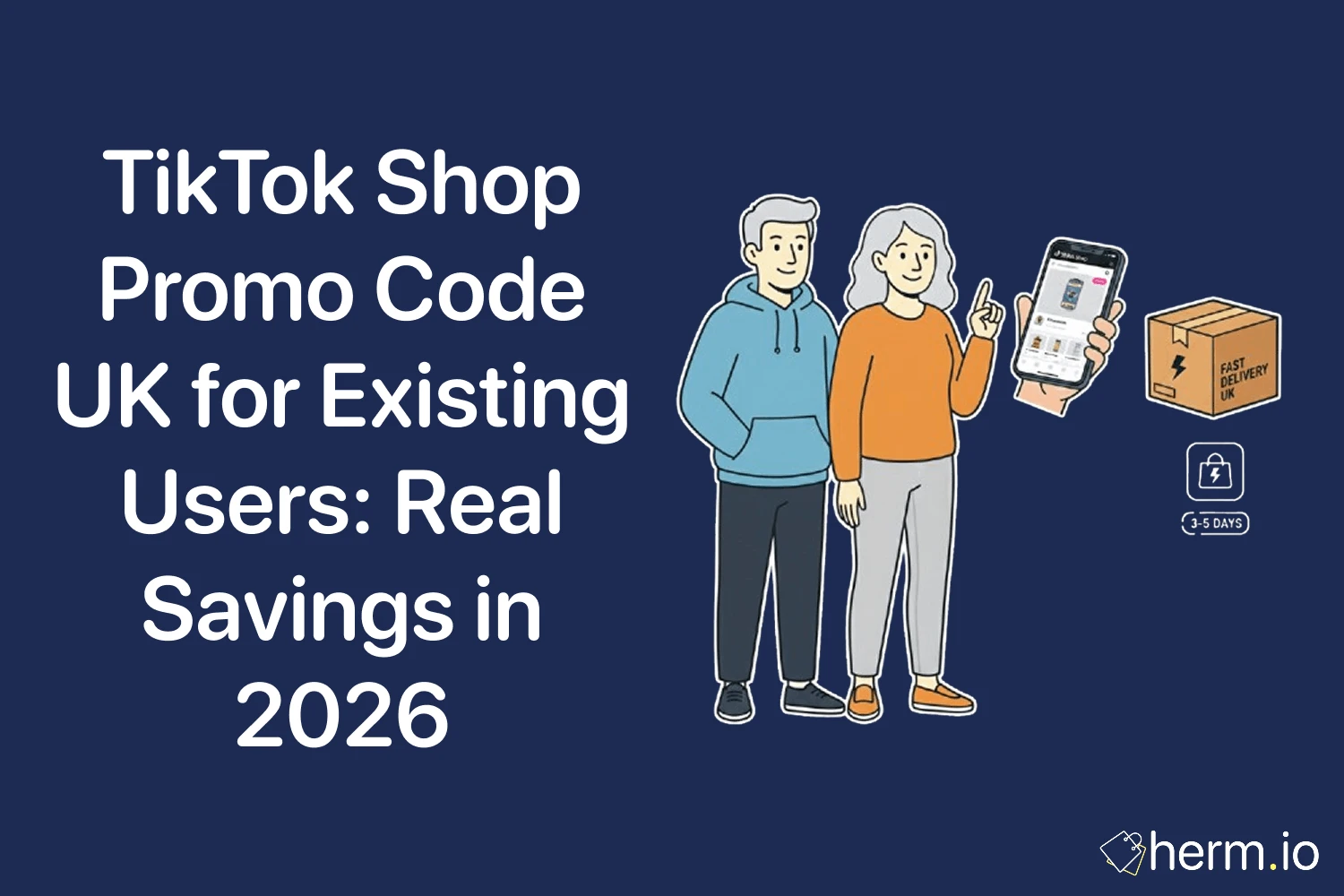
Picture this: you're walking through a Tokyo electronics district, spotting the latest skincare gadgets for half the price you'd pay back home. Or maybe you're in an Istanbul bazaar, finding genuine leather goods that would cost three times more in your local mall. Smart travel shopping turns your vacation into a treasure hunt where you actually save money instead of just spending it.
Most travelers miss out on incredible deals because they stick to tourist areas or don't know how to spot genuine bargains. With the right approach, your next trip could pay for itself through smart purchases and tax refunds.
Quick Wins: Start Saving Today
- Research your destination's specialty products before you pack
- Download price comparison apps to verify real deals
- Bring an extra foldable bag for purchases
- Set up travel-friendly payment cards with no foreign fees
- Learn basic phrases in the local language for better deals
Why International Shopping Beats Local Prices
Different countries excel at producing specific goods due to local manufacturing, favorable exchange rates, or cultural expertise. Japan leads in skincare innovation, Italy perfects leather craftsmanship, and South Korea dominates beauty products. These aren't just marketing claims—the price differences can be substantial.
I saved roughly £120 on skincare products during a week in Seoul, buying items that simply aren't available in UK stores. A friend picked up designer sunglasses in Milan for €200 less than the same pair costs in London boutiques. These aren't once-in-a-lifetime finds; they're typical examples of what happens when you shop strategically abroad.
Currency fluctuations also create opportunities. When the pound is strong against the dollar, American outlet malls become goldmines for British travelers. Smart shoppers track these trends and time their purchases accordingly.
Research Pays Off Before You Leave
Successful travel shopping starts at home, not at your destination. Spend 30 minutes researching what your destination does best. Turkey excels in textiles and ceramics, France offers unmatched perfumes and gourmet foods, while Thailand provides incredible value on tailored clothing.
Use price comparison tools like Google Shopping or local equivalents to establish baseline prices. Screenshot items you're interested in—this takes five minutes but prevents costly impulse decisions later. You'll know immediately whether that "special tourist price" is actually special.
Check if your credit card offers enhanced rewards in certain countries. Some cards provide bonus points for international purchases or waive foreign transaction fees entirely. These small details add up to significant savings over a trip.
Duty-Free Shopping: Separating Myth from Reality
Airport duty-free shops remove local taxes from prices, but "tax-free" doesn't automatically mean "cheapest." Perfumes and cosmetics often offer genuine savings, especially luxury brands. Alcohol can be worthwhile if you're traveling from high-tax countries to lower-tax destinations.
Before buying anything duty-free, do a quick mobile search for local prices. Airport markups sometimes exceed the tax savings. I've seen duty-free electronics cost more than high street prices back home.
Know your import limits before you shop. The UK allows one liter of spirits per person duty-free. Exceed this limit and you'll pay hefty import taxes that eliminate any savings. Each country sets different limits, so check yours specifically.
Skip Tourist Traps, Find Local Gems
Tourist shopping districts charge premium prices for mass-produced goods. Real bargains hide in neighborhoods where locals actually shop. Open-air markets, independent boutiques, and factory outlets outside city centers offer authentic products at fair prices.
Apps like Google Maps and Yelp include real shopper reviews that help identify genuine local favorites versus tourist traps. Look for stores with lots of local language reviews—these usually indicate authentic local shopping spots.
Learning basic greetings in the local language works wonders for prices and service. Even a simple "hello" and "thank you" in Turkish or Thai shows respect and often leads to better deals. Bargaining is expected in many cultures, so don't be shy about polite negotiation.
Timing Your Shopping for Maximum Savings
Every country has distinct sale seasons that smart travelers can exploit. Europe's major sales happen in January and July—time your trip around these periods for serious discounts. Japan's Golden Week sales in early May offer excellent deals on electronics and fashion.
The United States provides massive savings during Black Friday weekend in late November, while France's government-regulated "soldes" periods run for six weeks twice yearly. These aren't small discounts—we're talking 30-70% off regular prices.
Weekday mornings typically offer the best shopping experience with smaller crowds and sometimes early-bird specials. Local holidays often coincide with shopping festivals, so research what's happening during your visit.
Payment Strategies That Save Money
Poor currency exchange decisions can turn bargains into expensive mistakes. Always choose to pay in local currency rather than your home currency. Dynamic Currency Conversion sounds convenient but typically adds 3-4% to your costs through inflated exchange rates.
Travel-friendly cards like Wise or Revolut offer near-perfect exchange rates with no foreign transaction fees. Traditional bank cards often charge 2-3% per transaction, which adds up quickly on a shopping trip.
If you need cash, use ATMs that don't charge local fees and withdraw larger amounts to minimize repeated charges. Some stores offer instant tax refund services, but read the fine print—service fees can reduce your actual refund significantly.
Claiming VAT Refunds: Free Money for Tourists
Many countries, particularly in Europe, offer VAT refunds to foreign visitors. This Value Added Tax is built into retail prices, and getting it back can mean 10-20% savings on your purchases.
Most countries require minimum purchases (typically €50+ in one store) to qualify for refunds. Show your passport when paying and request a VAT refund form. Keep all receipts and forms organized—you'll need them at the airport.
At departure, find the customs office before security and have your forms stamped. This process can take time, so arrive early. Submit stamped forms at refund kiosks or by mail. Some modern systems allow mobile refunds, making the process much simpler.
Avoiding Baggage and Customs Problems
Smart shoppers plan for their purchases before they buy. Budget airlines charge hefty fees for extra weight or additional bags. Pack a lightweight, foldable bag specifically for shopping, or consider shipping larger items home.
Know your duty-free import limits to avoid unexpected taxes. The US allows $800 worth of goods duty-free per person, while the UK permits £390. Alcohol, tobacco, and electronics often have specific restrictions beyond general value limits.
Agricultural products face strict import rules in most countries. That delicious local honey or exotic fruit might get confiscated at customs, so stick to manufactured goods for safe transport home.
Where to Find the Best Deals
Certain cities have earned reputations as shopping destinations for specific items. Paris excels in perfumes and designer fashion, Istanbul dominates in handmade rugs and jewelry, while Bangkok offers incredible deals on tailored clothing and silverware.
Tokyo provides access to unique skincare products and gadgets unavailable elsewhere, Milan specializes in leather goods and designer labels, and New York offers outlet shopping and exclusive sneaker releases. Focus your shopping energy on each destination's strengths rather than trying to buy everything everywhere.
Make a focused shopping list before you travel. This keeps you budget-conscious and helps you recognize genuine deals when you see them.
Online Shopping While Traveling
Here's a strategy most travelers overlook: shopping online while abroad for local deals. Amazon's regional versions (amazon.de, amazon.co.jp) often feature promotions unavailable in other markets. Local e-commerce platforms like Coupang in South Korea or Fnac in France may offer better prices or unique products.
Ship purchases to your hotel or use local pickup services like Amazon Lockers. Just verify your order will arrive before you leave. This approach works particularly well for electronics or books that might be cheaper locally but heavy to carry.
Avoiding Scams and Counterfeits
Popular tourist markets attract both bargains and scams. Designer goods at impossibly low prices are usually fake. Sellers pushing cash-only deals without receipts often have something to hide. Electronics priced far below market value might be defective or stolen.
Stick to shops with good online reviews or established chains. Always verify the total amount before approving credit card payments—some merchants add unauthorized charges hoping you won't notice.
Real bargains exist, but they're rarely too good to be true. Trust your instincts and walk away from deals that feel suspicious.
Making Travel Shopping Work for You
Smart travel shopping combines preparation, timing, and local knowledge to find genuine bargains on quality goods. The goal isn't just saving money—it's accessing unique products and experiences unavailable at home.
Start planning your shopping strategy alongside your travel itinerary. Research local specialties, compare prices, and prepare your payment methods. Leave room in your luggage and budget for discoveries along the way.
The best travel purchases are ones you'll use and enjoy long after your trip ends. Focus on quality items that represent your destination's unique offerings rather than generic souvenirs you could buy anywhere.
FAQ: Common Travel Shopping Questions
How much money should I budget for shopping while traveling?
Budget 10-15% of your total trip cost for shopping, but adjust based on your destination's specialties. Countries known for luxury goods (like Italy or France) might warrant a higher shopping budget, while destinations focused on experiences might need less.
Is it safe to use my credit card for large purchases abroad?
Yes, but notify your bank before traveling and use cards with chip technology and no foreign transaction fees. Credit cards often provide better fraud protection than debit cards for international purchases.
What happens if I exceed my duty-free allowance?
You'll pay import taxes on the excess amount, which varies by country and product type. Sometimes the taxes are minimal, other times they can be substantial. Check your country's customs website for specific rates.
Can I return items purchased abroad if they don't fit or break?
Return policies vary significantly by country and store. Always ask about return policies before purchasing, especially for clothing or electronics. Keep all receipts and original packaging just in case.

Manon Élise Laurent
I'm a Parisian shopping and fashion writer focused on ethical, sustainable style. As a recent graduate, I specialize in budget-friendly shopping tips, secondhand finds, and sustainable fashion brands. I combine classic French chic with modern, mindful shopping practices.

.png)

.webp)






.png)

.png)
.png)
.png)